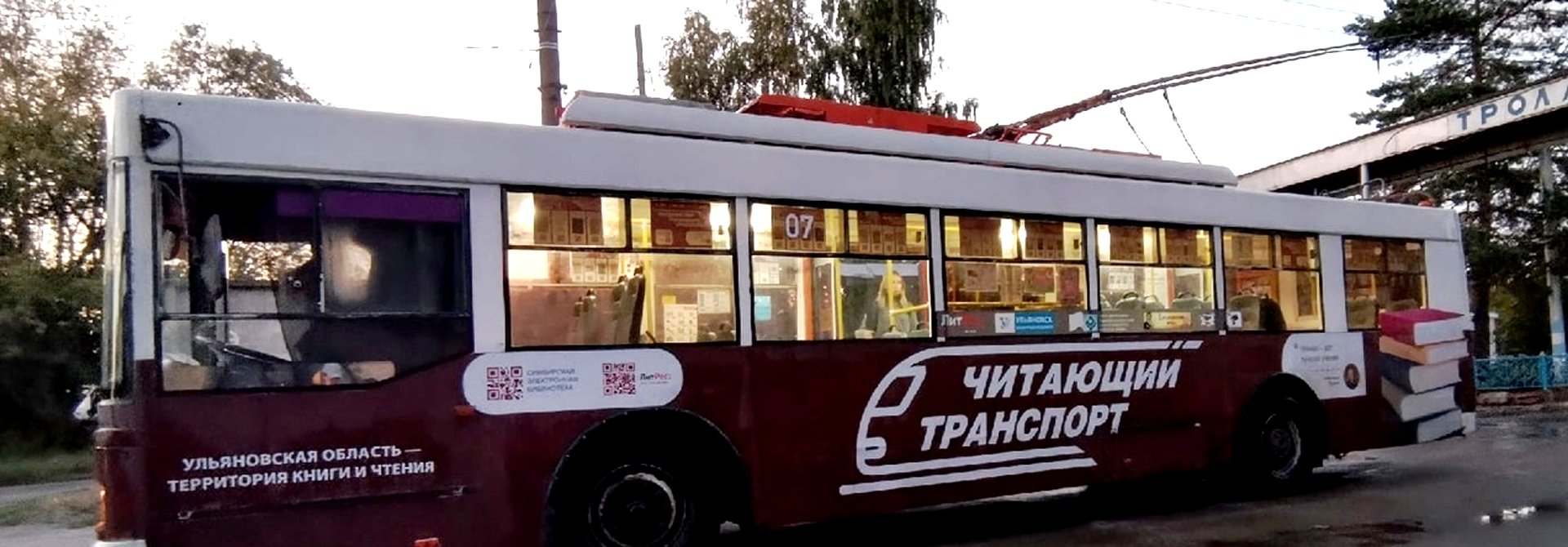
The Ulyanovsk UNESCO City of Literature Program Directorate continues publishing The Only Question - new international project - materials. More than 40 authors from 18 UNESCO literary cities (or related cities) participate in the project. New guests of the project are the authors from Melbourne and Heidelberg – Christopher Raja and Klaus Kayser.
The organizers invited writers, poets, playwrights, translators from UNESCO literary cities to imagine they have the opportunity to ask just one question to an author from any other literary city. The initiative will help to introduce the authors from the literary cities to each other and establish their dialogue. The project will also let to understand what issues are of concern to authors from different countries today. Besides, it will provide an opportunity for readers to get to know new writers and poets.
Questions and answers by the authors (in Russian and English) along with a short biography of each participant and links to their publications will regularly appear on the Ulyanovsk UNESCO City of Literature Website, other literary cities' websites, and social media, etc. Writers' dialogs will also be offered for publication on the project partners' platforms (literary magazines, libraries, literary media, and mass media). As a result of the project, in summer 2022 an online anthology will be released (in Russian and English) with all the conversations.
MELBOURNE-HEIDELBERG: CHRISTOPHER RAJA AND KLAUS KAYSER
Klaus Kayser, Heidelberg
How much do I have to know from your ‘grand-mother country’ (India, Calcutta) and from your ‘mother country’ (Australia, Melbourne) in order to understand, and learn from you?
Christopher Raja, Melbourne
I’m sitting in my room in the southern half of the Australian continent and I am writing a novel set in a place resembling the Australian outback. Perhaps it is worth pointing out, I was born in Bengal. Maybe this information is irrelevant. Recently, I did an interview with Northerly: Byron Writers Festival Magazine. The interviewer asked if I could outline the inspiration for writing my memoir, Into the Suburbs? What was the initial drive and what were the questions I was trying to explore? This was a hard question to answer even though I knew the why immediately. Should I divulge, give it all away, I wondered. As per usual I laid my heart out. I write with abandon, emotion and courage in an attempt to say the unsayable. I used to believe humans were built to forget. We find it hard to talk about difficult, painful things, we try and forget until we can’t any longer. Why else would I write if I didn’t have something urgent to say?The fact is you don't need to know about me or my birthplace, India, or my home, Australia, in order to understand my work but you will learn something about these places if you do read my books. My work deals with both Australia and India but so much more. I aim to use the local and deal with the universal. I am interested in what it is like to be a son, a mother, a father, a migrant and an exile. Why I write is because I am interested in reading, history, human rights, keeping a record, understanding what is going on around me, with a mind to share some of this with my reader.
Christopher Raja, Melbourne
Does your childhood impact everything you write about?
Klaus Kayser, Heidelberg
Yes, I suppose, that the experiences in my early childhood (<12 years) had a great impact on my life: I noticed and learned (and I was told) that
1. You have to work very hard to improve and understand your life
2. You should mainly target your work on the welcome of your neighbors / comrades / family, and less on yourself
3. You should do everything right (to become satisfied) in reaching your goal and do not primarily think on money
4. Whatever you start or try to eat, think about the excrement (feces), and how to handle them. Often it is more difficult to get rid of them, than to grab for food.
My father added:
1. All men /women look equal, if they are naked (see summarize).
2. Trust everybody, and do not become angry or afraid, if he /she cheats you (what most of them will probably do).
In summarize of that influence: I never felt superior (inferior) of other men / women, neither in race, sex, age, position, religion, ethics, or other intimate or public features. May be one has to start from a very low level at early childhood, to detect the ‘relativity / similarity of man’s behavior’ in nearly all issues of life.
ABOUT THE AUTHORS
Christopher Raja

Christopher Raja is the author of the acclaimed memoir, Into the Suburbs: A Migrant's Story (UQP, 2020) that was highly commended in this year's National Biography Award. He co-authored the play The First Garden with Natasha Raja, which was performed in botanical gardens and published by Currency Press in 2012. His debut novel, The Burning Elephant, was published in 2015 (Giramondo). It was written with the assistance of an Australia Council New Work grant. Christopher lived in the Northern Territory for 12 years and has been twice shortlisted for its Chief Minister’s Book of the Year award. Raja migrated from Calcutta to Melbourne in 1986. He is the 2021 UTS Copyright Agency New Writer's Fellow.
https://www.christopherraja.com/
https://www.uqp.com.au/authors/christopher-raja
https://giramondopublishing.com/books/the-burning-elephant/
https://apt.org.au/script/CP-2577
Klaus Kayser

Klaus Kayser, Dr. med. Dr. rer. nat. Dr. h.c. mult. *1940 in Berlin Professor für Pathologie und Epidemiologie. Je ein Studium der Physik und der Medizin an den Universitäten Göttingen und Heidelberg., Spezialisierung in den USA (NIH, Armed Forces Institute of Pathology). Weiteres siehe https://de.wikipedia.org/wiki/Klaus_Kayser.
Previous isuue
HEIDELBERG-ULYANOVSK – ŞAFAK SARIÇIÇEK AND SERGEI GOGIN




